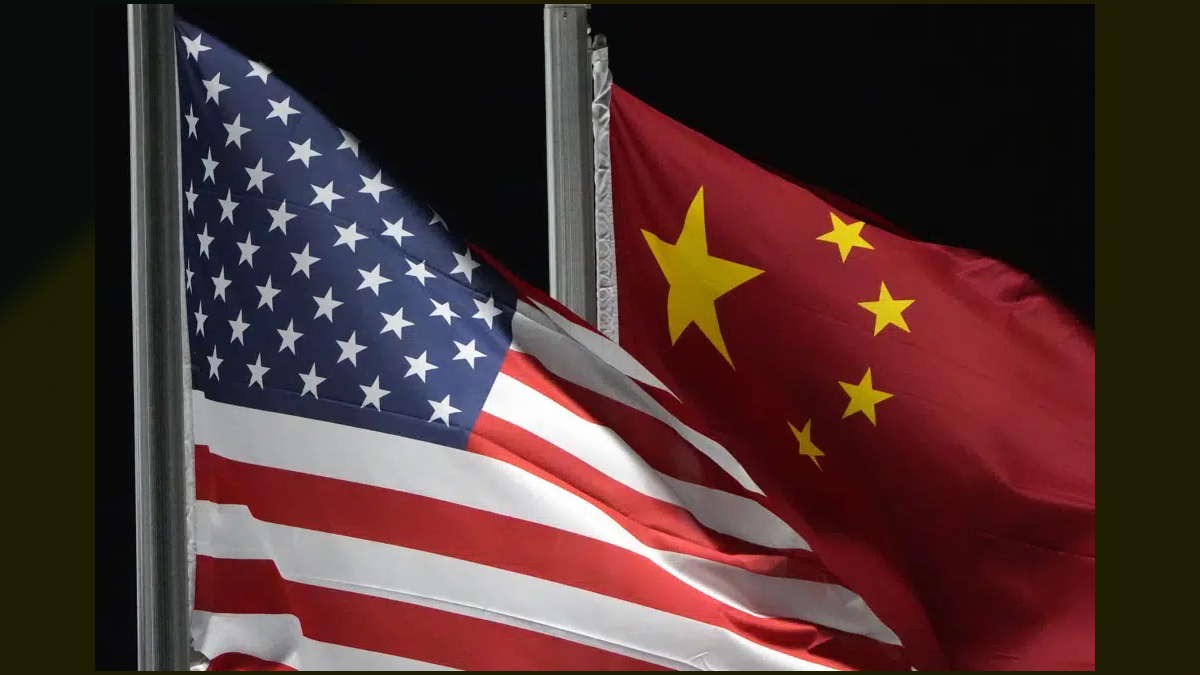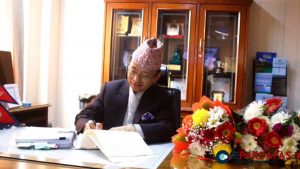
U.S. Accuses China of Manipulating Global Media, Warns of Impact on Freedom of Expression
The United States has issued a stark warning about China’s alleged manipulation of global media through various means, including censorship, data harvesting, and covert acquisitions of foreign news outlets. The U.S. State Department’s report, released on Thursday, sheds light on the extent of China’s information manipulation efforts and the potential consequences for global freedom of expression.
According to the report, Beijing has been allocating billions of dollars annually to fund information manipulation campaigns. These efforts encompass acquiring stakes in foreign media organizations through both public and non-public methods, sponsoring online influencers, and securing distribution agreements that promote Chinese government content without clear labeling.
The release of this report coincides with growing concerns over China’s efforts to expand the global reach of its government-controlled media. As geopolitical tensions between Beijing and Washington have intensified, Chinese leaders have sought to counter what they perceive as negative portrayals of China in international media.
Liu Pengyu, spokesperson for China’s embassy in Washington, dismissed the report as an attempt to escalate ideological confrontation and criticize China’s domestic and foreign policies. He accused the U.S. of employing a Cold-War mentality and using such reports to maintain its global dominance.
The U.S. State Department’s Global Engagement Center cited publicly available reports and newly acquired government information to support its claims. The report highlights how Beijing has built its information ecosystem by co-opting foreign political elites and journalists while investing in satellite networks and digital television services in developing regions that prioritize Chinese state-backed content.
One of the most concerning aspects noted in the report is Chinese data harvesting overseas, which allows Beijing to fine-tune global censorship efforts by targeting specific individuals and organizations. If left unchecked, these efforts could lead to a significant contraction of global freedom of expression, the report warns.
Despite China’s substantial resources dedicated to these campaigns, the report acknowledges that the country has faced substantial pushback when targeting democratic nations. Local media and civil society have often resisted China’s influence attempts, resulting in “major setbacks” for Beijing’s information manipulation efforts in these countries.
The report was produced under a congressional mandate to detail state information manipulation, shedding light on the U.S. government’s concerns about China’s influence on global media and its potential impact on the fundamental principles of freedom of expression.













Comments